A useful RRI mapping tool
To effectively integrate RRI into a territory, it is key to analyse the context of the research and innovation system of the area. The first step must therefore be to “map” the territory’s system, identify who the relevant actors, initiatives, and projects are, and what they see as their priorities, problems, and concerns. The mapping must yield an understanding of how the system is configured, how it works, and what its larger socio-political and cultural context is.
During the first months of the project, TetRRIS has mapped and analysed each of the four pilot’s territorial research and innovation system. To do so, the core theoretical framework of the project was developed, with an analysis of regional innovation systems and the relevance of RRI for regional innovation and development, along with the possible obstacles to integrate RRI into regional projects and structures.
TetRRIS’ core theoretical framework has been used to practically design a customised “RRI Mapping Tool”. It includes an extended set of questions that scholars and practitioners can use to analyse the structures and workings of a given territory’s innovation system. This tool is used to understand the territories’ structures, processes and goals; to identify up to what extent RRI is actually being practised in these projects and systems; and where particular needs, challenges and problems exist on the part of the practitioners which RRI might help address.
The R&I system in the four territories
The TetRRIS project seeks to support four European pilot territories in integrating Responsible Research and Innovation (RRI) practices into their local/regional (“territorial”) innovation systems and development approaches. The territories are Tampere Region in Finland, Karlsruhe Technology Region in Germany, Cantabria in Spain, and Szeged in Hungary. As a first step in this process, the consortium partners prepared short reports on the different territories to map the structure of the local territorial innovation systems, and the extent and nature of any pre-existing RRI (or RRI-like) activities found within them.
The regions considered as pilots have experienced different economic trajectories ranging from by and large, dynamic ones in Germany to those characterized by past or comparatively recent structural crises in Spain. In Hungary, sociotechnical dynamics remain at a relatively low level to begin with. Regarding governance structures, Germany and, to a degree, Spain’s many relevant decision-making powers rest at the regional level whereas Finland, and even more so, Hungary have small, centralized polity.
The territorial system network is dense in Tampere and closely knit; while the ecosystem of the Upper Rhine area (around Karlsruhe) displays a larger number of individually relevant partners and has also displayed the more unambiguously positive development across the past decade. In both cases, local actors are more interested in relevant ideas than funding alone. Quite the contrary, local networks in Hungary face the double challenge of having limited direct powers and budget while at the same time being positioned in sparsely endowed local innovation systems. Thus, it will remain challenging to successfully launch relevant bottom-up initiatives through persuasion and the formation of partnerships alone.
RRI Activities and Discourse in the Regions
The mapping carried out in the four regions shows that the concept of RRI is not well known except in Tampere due to prior experience in RRI projects. Similarly, there is limited knowledge of the 5 RRI keys, except for gender equality. However, there are ‘de facto’ applications that the RRI mapping has identified.
All regions (except Szeged) show a reasonable level of co-creation on local innovation policies (Tampere, Karlsruhe), or at least an awareness of its importance (Cantabria). All regions appreciate the need to include pilot activities and innovation policy users’ insights. For this reason, stakeholder consultations have been formalised in all the territories.
Ethics is a central issue in ICT, privacy and biotechnology. Due to concerns about localised ‘technology backlash’, partner regions have shown specific efforts to report on relevant activities. In addition, inclusion has become a central issue in ageing societies and must integrate subgroups with specific needs.
Finally, sustainability has become one of the major issues of our time in which all regions must engage. Like gender issues, sustainability has been mainstreamed into all public – and increasingly private – activities in recent years. Sustainability helps to develop various interfaces that are also relevant for RRI projects, including those related to ethics, inclusion and open science.
These findings have several implications for the further orchestration of the TetRRIS project. To develop promising pilot activities in the further stages of the project, consortium partners will need to closely engage with local actors to identify areas of mutual interest germane to RRI concerns, where RRI may make tangible contributions to local endeavours.
Hits: 207

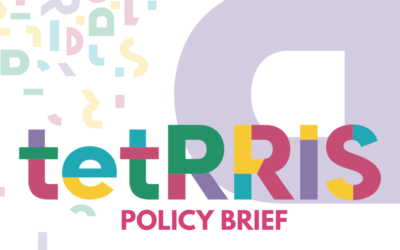


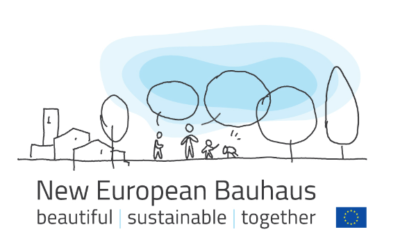
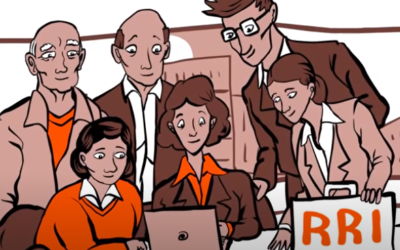
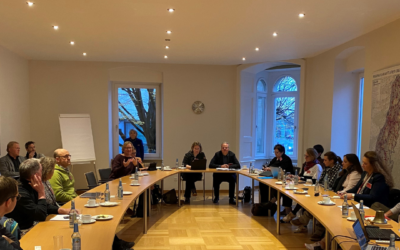
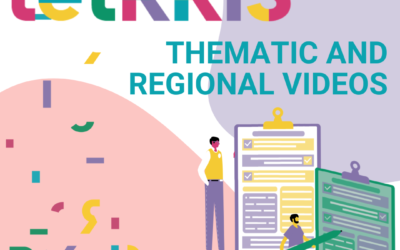

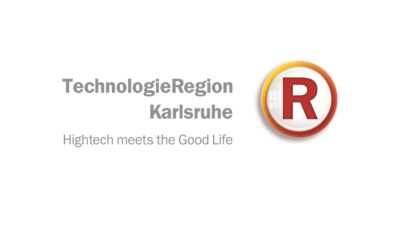
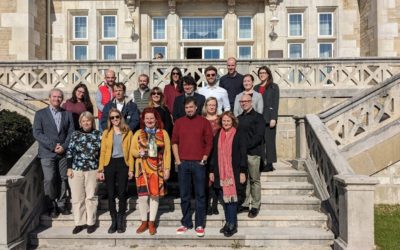
0 Comments